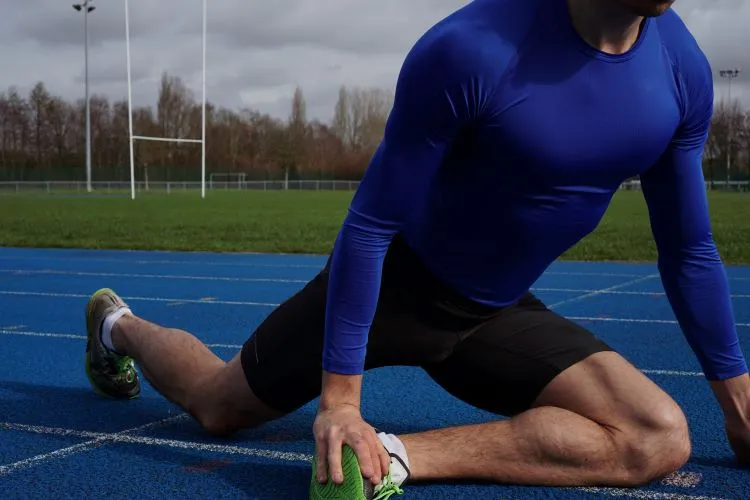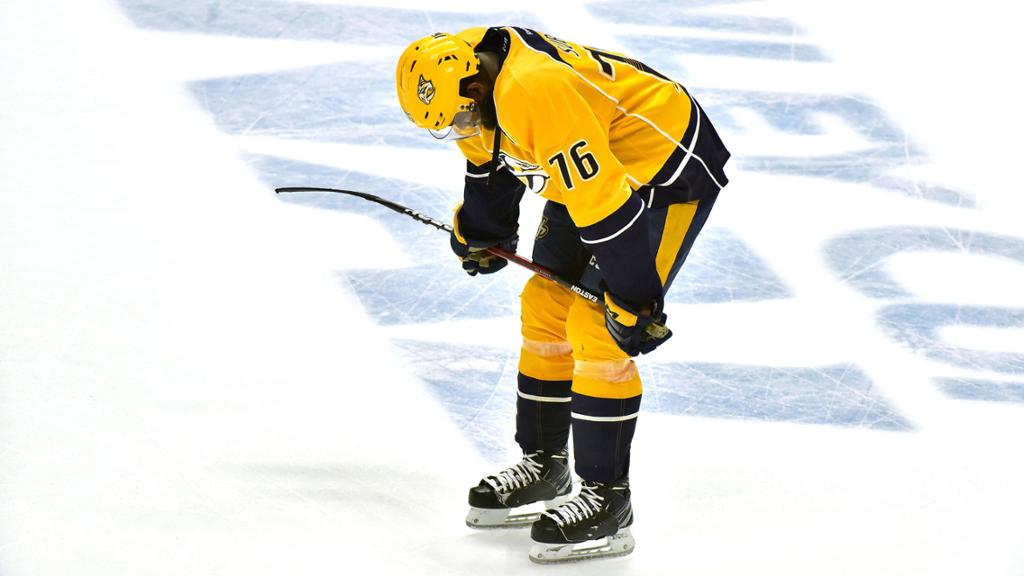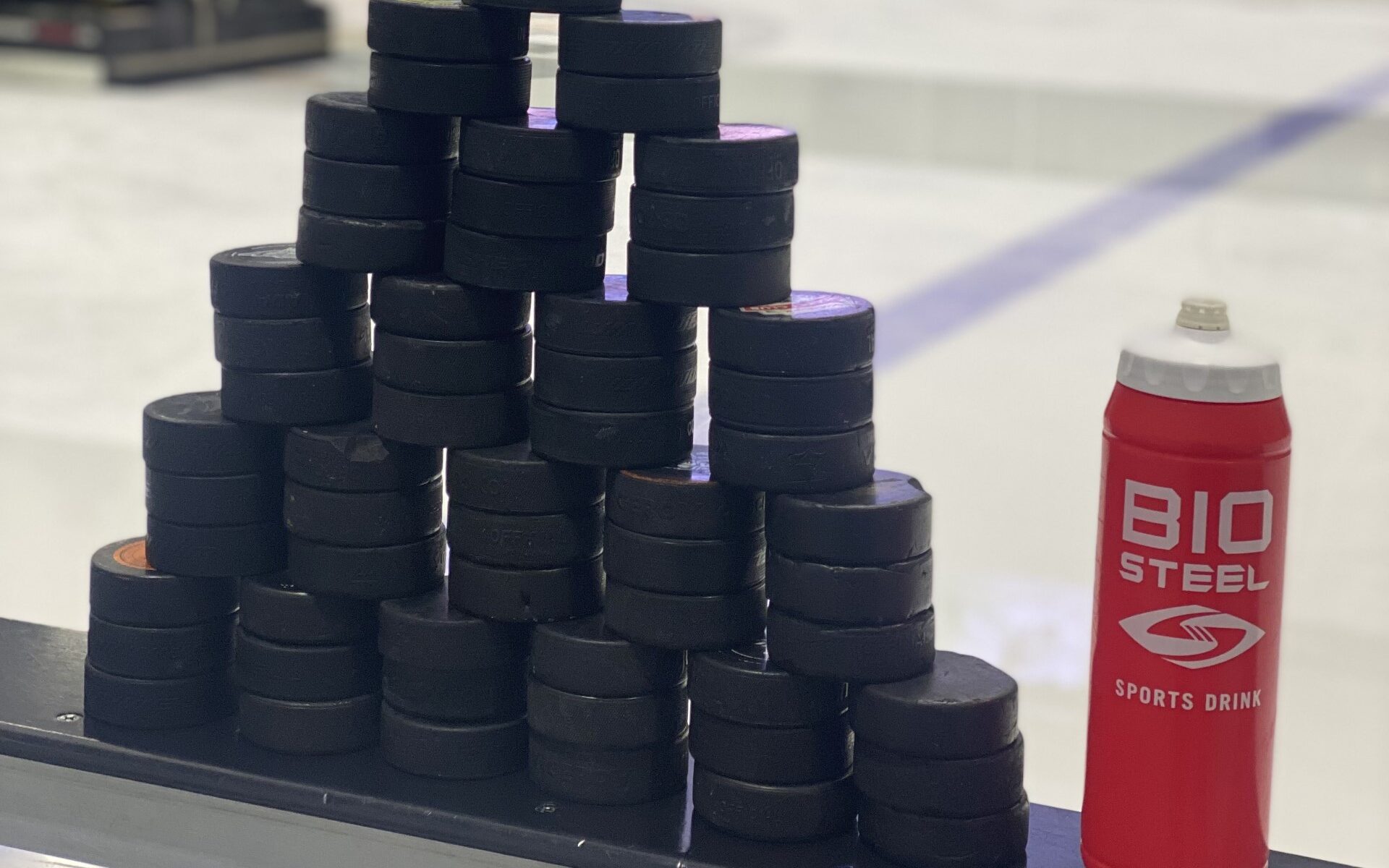Stretching your hips regularly is an important practice for any hockey player. It helps to maintain flexibility, allowing you to make quick movements on the ice and reduce normal wear and tear on your body. Hockey players need to pay extra attention to stretching their hips if they want to stay at the top of their game. In this blog post, we will discuss why it’s essential for hockey players to stretch their hips regularly and how to go about doing it.
Continue reading “Why Every Hockey Player Should Stretch Their Hips Regularly”Don’t Let Acne Get in the Way of Your Athletic Dreams
Acne can be a frustrating and confidence-crushing problem, especially for athletes who are training hard to reach their goals. Many athletes have struggled with how to balance their intense exercise routine and their skin health. Fortunately, there are ways to keep acne from getting in the way of your athletic dreams. In this blog post, we will explore how to prevent acne from forming due to exercise and provide tips on how to deal with existing acne. We will also discuss the importance of proper skin care while exercising.
Continue reading “Don’t Let Acne Get in the Way of Your Athletic Dreams”Stuck in a Slump? Tips to Get Out of the Negative Spiral and Improve Your Game
Are you feeling stuck in a slump and unable to make positive plays in your sport? You’re not alone. A slump is a common occurrence caused by a negative spiral, which can take over our ability to think and perform at our best. If you’re looking for ways to get out of this negative spiral and improve your game, this blog post will provide you with tips and strategies to help you break the cycle of negative thoughts and help you reach peak performance.
Continue reading “Stuck in a Slump? Tips to Get Out of the Negative Spiral and Improve Your Game”Is Water Enough? A Look into the Benefits of Biosteel for Athletic Performance
What are Electrolytes and How Do They Affect Hydration?
Electrolytes are essential minerals, such as sodium, potassium, calcium, and magnesium, that play a crucial role in hydration. When we sweat, we lose not only water but also these key electrolytes, which are crucial for various bodily functions. Maintaining optimal levels of electrolytes is especially important for athletes, as dehydration can significantly impact performance.
Hydration is closely linked to performance, and proper hydration strategies can help athletes reach their full potential. Both water and electrolytes play a crucial role in hydrating the body. While water is the primary ingredient for hydration, electrolytes are essential for fluid absorption and retention, which is critical for maintaining fluid balance in the body.
Continue reading “Is Water Enough? A Look into the Benefits of Biosteel for Athletic Performance”How To Time Carbohydrates Around Training
Nutrition timing might not be relevant for the average person, but when it comes to an athlete. Timing your next meal around practices, games, or workouts should be your top priority.
The minimum amount of macronutrients one would need to create enough energy, and build good muscle mass would be;
Continue reading “How To Time Carbohydrates Around Training”How To Overtrain For Muscle Performance
Before studying scientific methods on training! Looking back, I was consistently training in a non-functional overreaching state because of negligence. I simply didn’t have the proper knowledge on how to train, causing me to push my body to the point that I created so much fatigue that recovery was hard to achieve and adaptation was non-existent.
Eventually, fatigue will rise enough to compromise your performance, causing your body to enter what we call overreaching.
Continue reading “How To Overtrain For Muscle Performance”Enhanced Performance With A Taper
What is tapering?
Tapering is a natural tool to slingshot performance before an important competition or game!
Athletes who taper would see a maximum reduction in fatigue while keeping the current fitness level they built over the season or training period.
Continue reading “Enhanced Performance With A Taper”How To Include Active & Non-Active Rest Days
Planned Rest
There is a huge spectrum of individual abilities in training frequency tolerance from person to person.
It doesn’t matter if you are an olympian athlete or just someone working 8-5. EVERYONE should have a minimum of 1-2 planned rest days a week.
The purpose of planned rest is to include absolutely no structured training activities. So stay away from the gym or avoid anything related to your training.
Continue reading “How To Include Active & Non-Active Rest Days”Sleep Is The Foundation To Increased Performance
Despite knowing the value sleep brings to our performance in sports or everyday activities, the majority of us still don’t get enough sleep.
Quality sleep is the most powerful tool when recovering from physical and physiological stressors.
Sleep is roughly 90-120 minute cycles, and a good night’s sleep will repeat these cycles up to four times without interruptions while allowing you to wake up a the end of a sleep cycle.
Read more: Sleep Is The Foundation To Increased Performance Continue reading “Sleep Is The Foundation To Increased Performance”Reps In Reserve – How To Avoid Plateaus
Fatigue management is the number one overlooked aspect when training. We are all stuck in the mentality that more is always better. What about working smart, not hard?
Sure hard work usually pays off, but only if it’s productive hard work! Hard work by itself just leads to disappointment and doubt.
We create the most adaptation and performance increase while we are recovering with;
Continue reading “Reps In Reserve – How To Avoid Plateaus”



